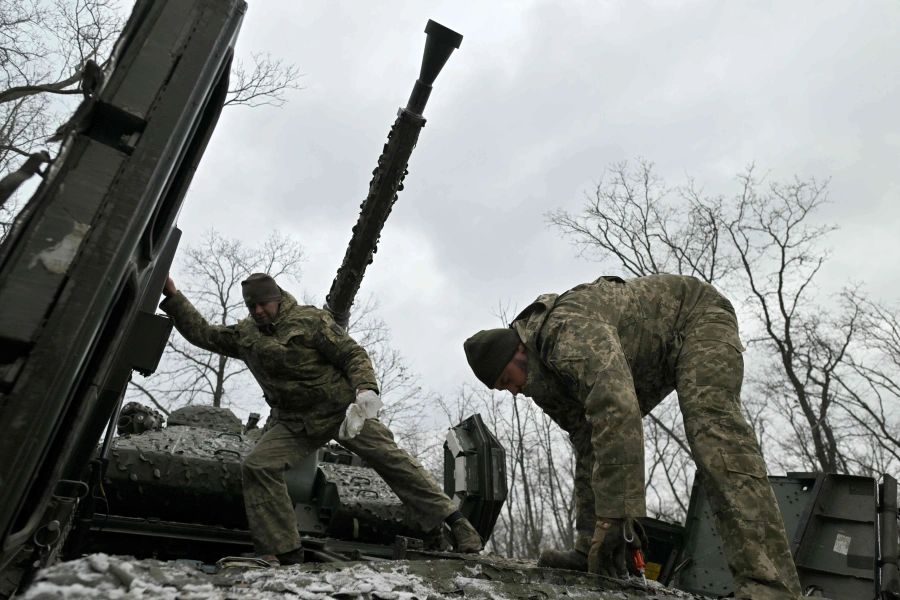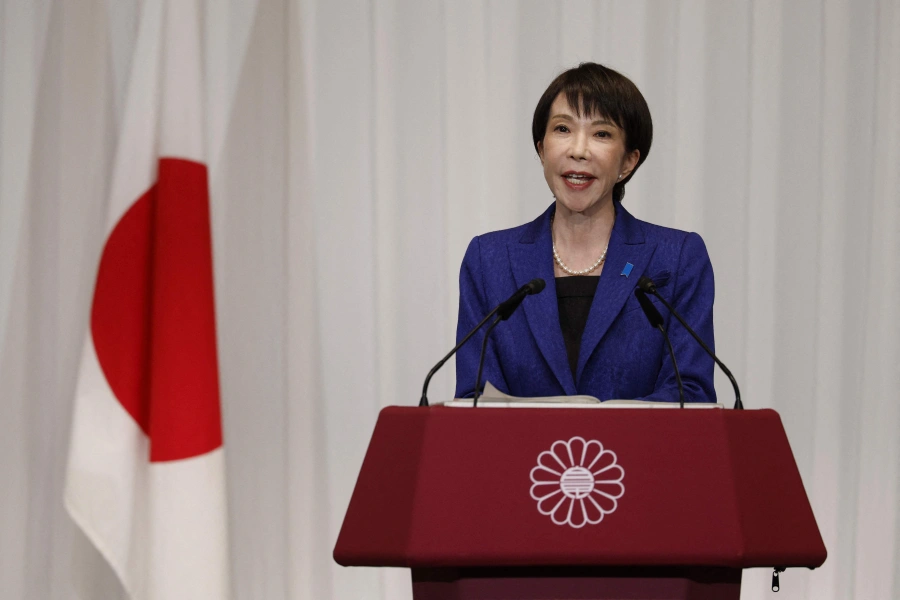KATHMANDU, Oct 27: Hira Bahadur Thapa was playing squash with a group a players belonging to the British Gurkha Brigade on Wednesday afternoon. None of the half a dozen players matched him in skill and fitness level. He overcame all of them in a practice match.
Hira hanged his racket last Saturday bidding farewell to his beloved game at the age of 49, nearly after three decades of his career as a player. His intensity and zeal, however, defies his age. He still is in good form though he lost the semifinal match of the Fourth Civil Bank Squash Championship to Aarhant Keshar Singh last week.
He held the record as the number one squash player of the country for 17 years, before he was dethroned by his son Amrit five years ago.
“I have retired from the game but I’m not tired. I am still in the game but in a different role of that of a coach,” said the soft-spoken quadragenarian, who has already proved himself as an efficient coach by mentoring his son Amrit and daughter Krishna as Nepal’s number one squash players.
“Though I am still in good shape, I am getting older every passing day. Thus, considering my age and health I decided to shift my focus on coaching rather than competition,” he said during a conversation at the Satdobato squash court on Wednesday.
Revealing his secret for success, he said regular practice, dedication to the game and hard effort made him standout among the crowd.
Consecutive wins for Hira

Entry into squash
Hira’s search for a job and livelihood landed him in a squash court. Hira, who hails from Bakrang of Gorkha district, got a job to look after Battisputali Squash Club owned by Murari Sumsher upon the recommendation of his cousin brother late Moti Lal Thapa in the late 1980s.
Moti also suggested to Hira that he would have a bright future if he plays the game well. He started practicing the game during late nights. Six months after taking the job, he competed in a tournament. In his very first tournament - HM King’s Birthday Cup Open Squash Tournament - he not only made it to the semifinals but was also rewarded with the best player title. He lost the semifinal 3-1 to Suwarna Dhakwa, who had returned to the country recently after training in Pakistan. “The whole squash fraternity was impressed with my performance in the very first tournament and I was announced the best player,” he said, recalling his initial days in squash.
His search for job gradually turned him into a squash player. He was crowned the national champion of squash for the first time in 1994 during the First Mercantile Tournament and he never had to look back from then onward. His crown remained unchallenged for 17 years. He remained undefeated until 2011 before his son Amrit, snatched the crown during the NSRA Open Squash Championship.
Achievements
Besides remaining champion for 17 years, Hira was also the key member of the team that witnessed the biggest success for the Nepali squash team. Hira was a member of the Nepali team that won bronze medal in the team event of squash during the 2004 South Asian Games in Pakistan. His daughter Krishna also achieved similar feat in the team event during the tenth and twelfth editions of the SAG. Hira was also a part of Nepali squash team in the 10th, 11th and 12th SAG.
Living and Family
Hira lives in a two-room house located on the premises of the Nepal Racket and Squash Academy in Satdobato. He lives with his wife Dambar Kumari, son Amrit and daughter Krishna.
The wage he receives as a coach from the Lalitpur District Sports Development Committee is the only source of his income. He, however, has managed to meet the expenses for studies of his son Amrit and daughter Krishna.
“It is really difficult to live life as a player in Nepal. Though I don’t have any alternative for income, I have never shared my problems with my children,” said Hira, who is one of the two staffers to look after the squash academy. “I am a employed on contract basis and there is no assurance of my job security. I would have been motivated more if I had been appointment a permanent coach by NSC.”
Despite himself being the champion for nearly two decades, he does not want his children to be whole-timer squash players due to the hardships he faced as a player. “I don’t want my children to face similar fate and suffering like me. Sometimes I feel sorry looking at my own economic status after spending nearly three decades of my life in squash. But not only me, most of the Nepali players have similar story to share and so I console myself.”
Ambition as coach and squash in Nepal
Hira points out lack of competition in the last 10 years, limited infrastructures and insufficient technical manpower as the setback for development of squash in Nepal. “A decade ago, there used to be hardly one or two competition in a year. But the game is slowly reviving and the squash association organized four tournaments last year. This season, the association is planning to host at least six tournaments, which is a positive sign for the game,” he shared.
He also pointed out the closure of privately-owned squash court in the 90s and early 2000s as another setback for the game. “There were 23 private squash courts in Kathmandu alone while I started playing, but there is not a single one remaining now.”
Hira who also holds coaching certificates now has the ambition of producing even better player then himself. “If I get good support from the association, I believe that I can produce better players then myself. I am currently train two dozen young players.”





































